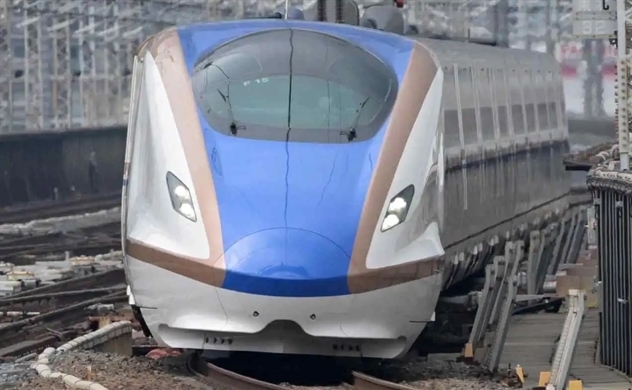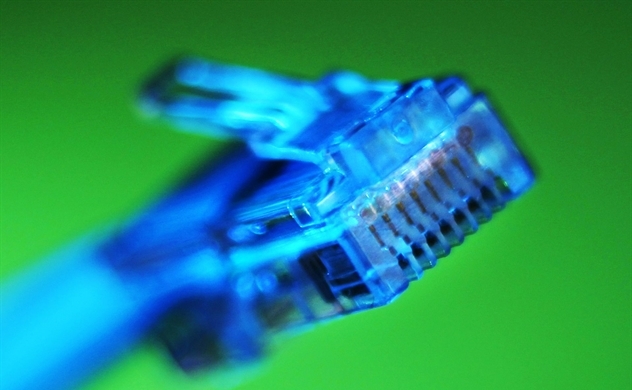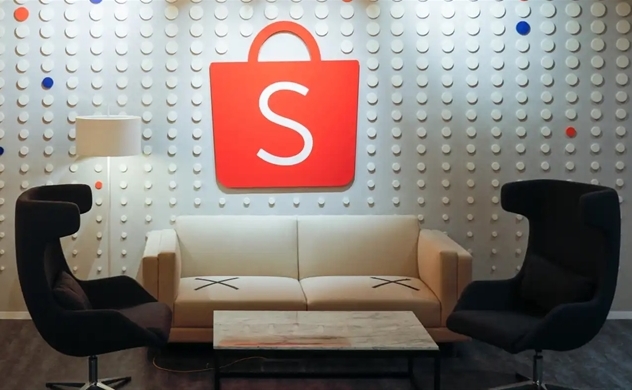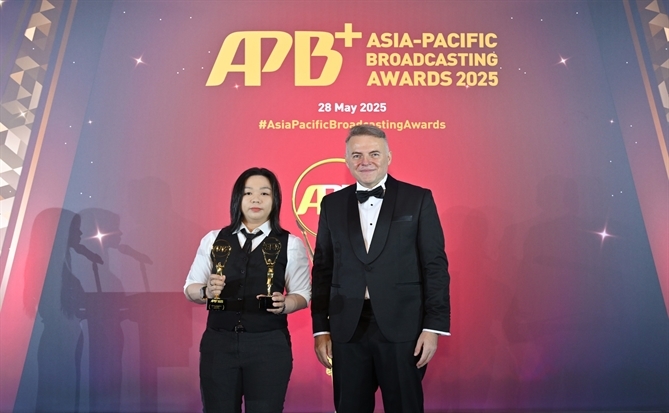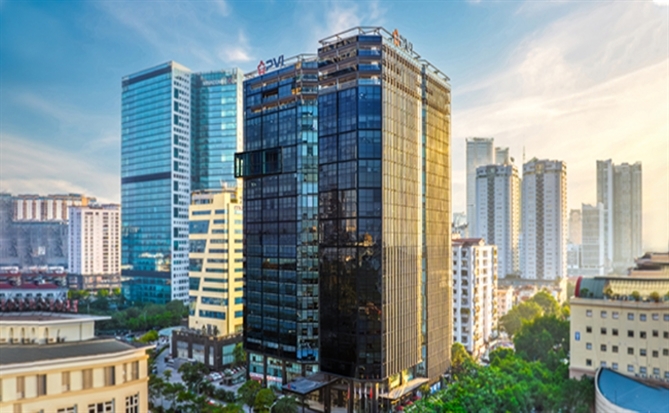EU targets eight Chinese companies in Russia sanctions push
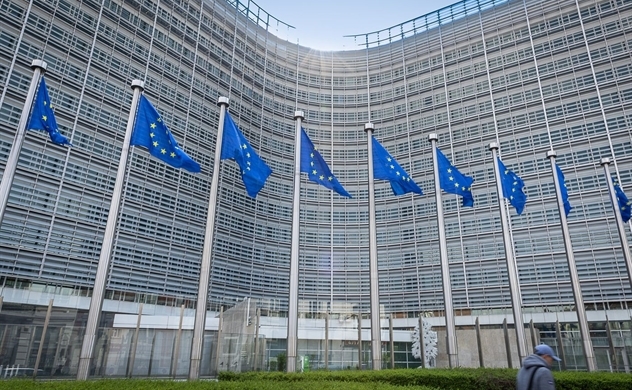
Any sanctions will need to be backed by all 27 European Union member states to be enacted. Photo by WSJ.
The proposed listings are part of an 11th package of sanctions against Russia over its invasion. The new measures center on efforts to prevent the circumvention of Western sanctions by Russia and its military, a central plank in the effort by European and U.S. policy makers to weaken Russia’s economy and crimp the revenue the Kremlin has to continue its war effort.
Of the eight Chinese companies listed, six are Hong Kong-based and several are already on U.S. sanctions listings, the diplomats said.
According to two of the diplomats, the companies include China-based 3HC Semiconductors, whose products can be used by Russian companies to provide military equipment, and Hong Kong’s King-Pai Technology HK, which was sanctioned by U.S. authorities in March 2022 for procuring foreign items “for multiple entities in Russia’s military-industrial complex.” The microelectronic items include products that can be used to guide missile systems.
A third company, Sinno Electronics, was sanctioned by Washington last summer for supplying Western-sanctioned goods to Russian defense-procurement giant Radioavtomatika.
The EU is also considering sanctions on Hong-Kong registered Asia Pacific Links Ltd. A recent investigation by Britain’s Royal United Services Institute, Britain’s oldest defense think tank, Reuters and iStories, said the company was one of the main post-February 2022 suppliers to Russian firms of microelectronics that can be used to make one of Russia’s most effective drones, the Orlan-10.
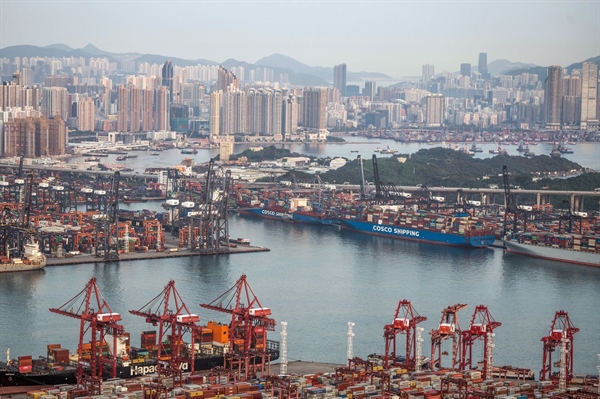 |
| Six of the companies that the European Union is considering sanctioning are based in Hong Kong. Photo by Bloomberg. |
3HC Semiconductors, King-Pai Technology HK, Asia Pacific Links Ltd. and Sinno Electronics couldn’t immediately be reached for comment. China’s mission in Brussels didn’t immediately respond to a request for comment.
The sanctions were earlier reported by the Financial Times. They will need to be backed by all 27 EU member states to be enacted. They were put forward by the European Commission, the bloc’s executive arm, on Friday evening, and discussions are set to start this week.
In Beijing on Monday, Foreign Ministry spokesman Wang Wenbin warned the EU that China would take “resolute measures” in response to any European sanctions.
“If the report you cited is true, the EU will erode mutual trust and cooperation with China and sharpen division and confrontation in the world, which is extremely dangerous,” he said.
The Chinese targets aren’t the first non-Russian entities to be listed under the EU’s sanctions on Russia, which include a swath of financial, trade, shipping and energy restrictions. The EU has in recent months targeted Iranian firms and individuals for their role in supplying drones to Russia’s military for use in the war.
Still, the proposed Chinese sanctions are a significant step.
They target a country with which Europe has important trade ties and which France and other EU countries had been hoping to prod to play a constructive role in Ukraine. The measures echo the Biden administration’s sanctions warnings against Chinese firms for supplying Russia not only with weapons, but with products that can be used militarily.
There has been evidence for months that China is providing technology that Moscow’s military needs to prosecute the Kremlin’s war in Ukraine, some of it dual-use items imported from the West. Until now, European officials have said there is no evidence of China supplying arms directly to Russia.
Group of Seven advanced democracies finance ministers are expected to discuss further measures to be taken against Russian sanctions circumvention when they meet in Japan this week.
The proposed Chinese sanctions also underscore a tentative step in Brussels toward U.S. extraterritorial sanctions, a U.S. policy of legally banning foreign companies from doing U.S.-sanctioned trade with a country, regardless of whether the firm’s host country also applies those measures.
European capitals, especially Paris and Berlin, have fiercely opposed U.S. extraterritorial sanctions for decades and the bloc continues to shun automatically applying its sanctions to all foreign firms. But amid the fight to isolate Russia’s economy from Western goods, Europe is showing increased willingness to sanction non-EU firms that are supplying Russia with goods that Brussels has prevented its companies exporting.
The EU, the U.S. and their partners have been visiting countries—including Turkey, Kazakhstan and the United Arab Emirates—that have been trading with Russia, circulating a list of products including video-camera recorders, lasers and manufacturing equipment such as signal generators, to prevent them exporting the items for potential military use to Russia.
There has been particular concern about a surge in trade between Russia and some of its neighbors, from central Asia to Georgia, with EU officials concerned that banned goods are being imported by firms in these countries on behalf of Russian companies.
In a further step in hitting foreign companies, the new package proposes to set up a regime of export bans of certain products to non-EU countries or companies believed to be helping Russia circumvent Western restrictions.
Since the Ukraine war began, the EU has banned the sale of products worth around half of prewar exports to Russia and prohibited the import of around two-thirds of the bloc’s prewar purchases from Russia.
In the new sanctions package, Brussels is proposing to broaden its existing export bans and place around 100 new people and entities to its sanctions list.
It is also seeking to tighten the enforcement of the oil-price cap that the G-7 imposed on Russia, one of the measures which have helped slash the contribution of energy exports to Russian government revenue.
Under the proposal, the EU would ban from its ports all vessels that have violated or are suspected of having violated the EU import ban on Russian oil or the price cap on Russian oil exports to third countries. It would also ban all vessels that have illegally turned off their transponders, a move that can be used to transfer undetected Russian oil from one ship to another at sea.
Source: WSJ
Same category news
-
Tsubasa Suruga
-
Kenya Akama - Fumika Sato

 TIẾNG VIỆT
TIẾNG VIỆT 